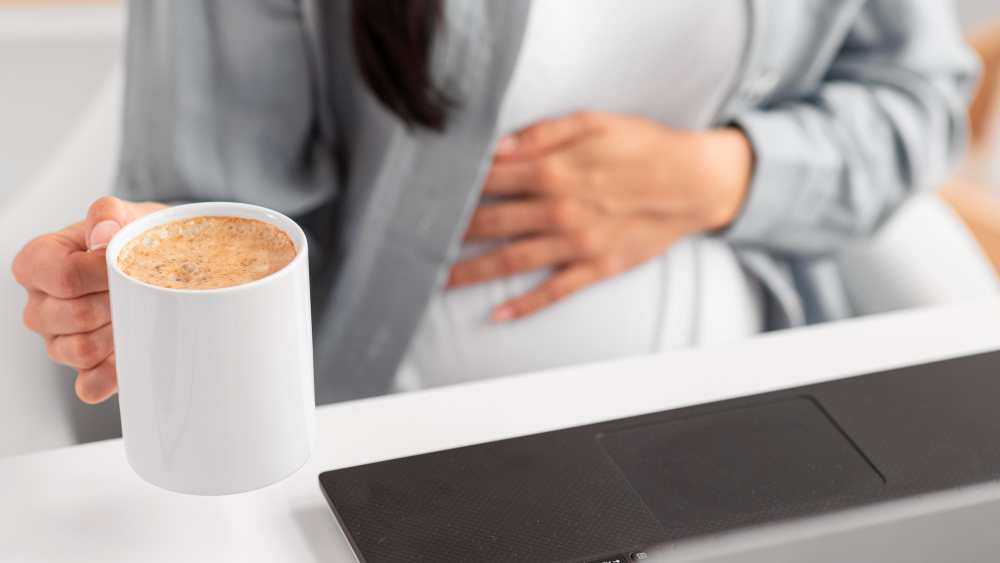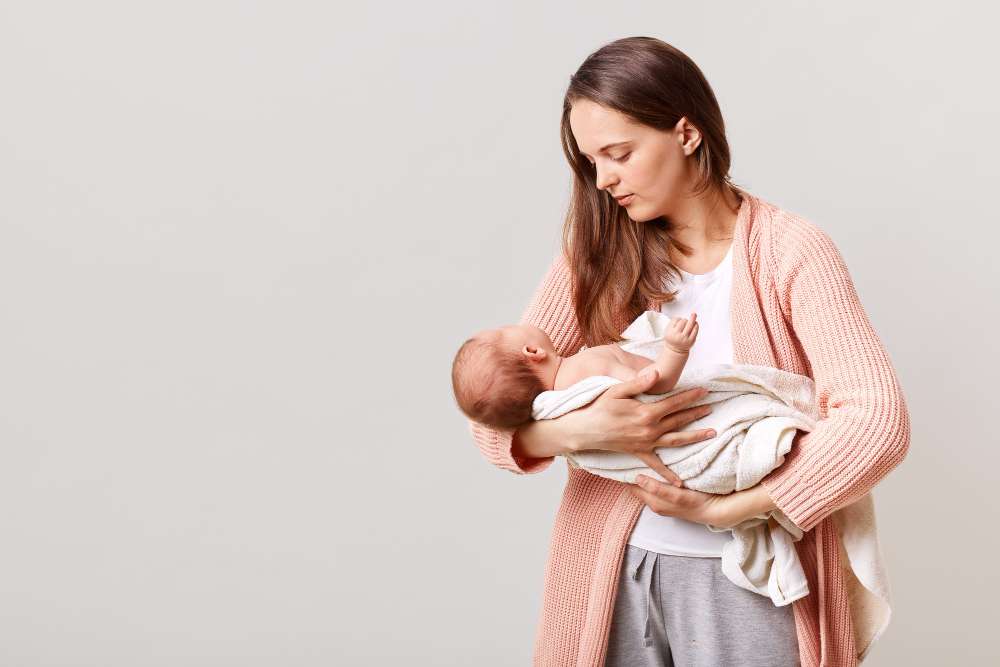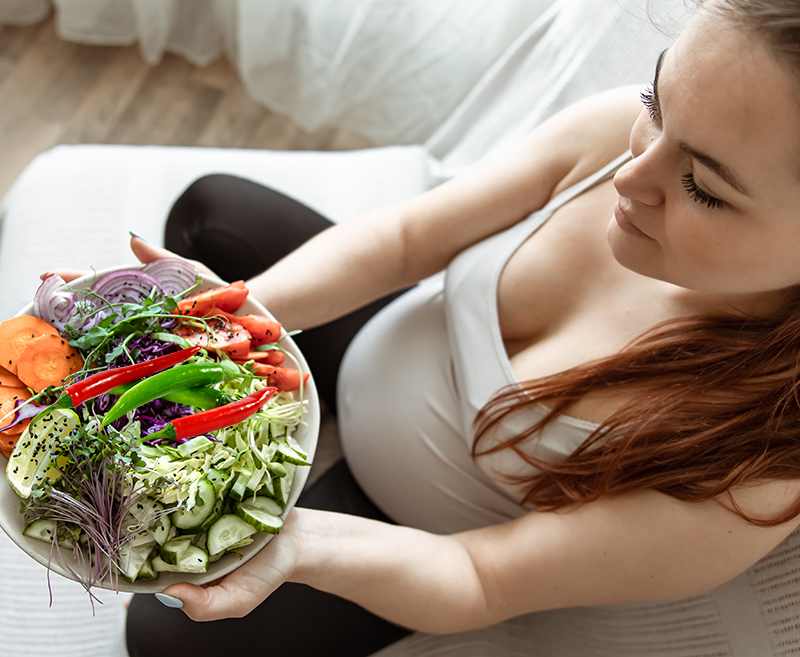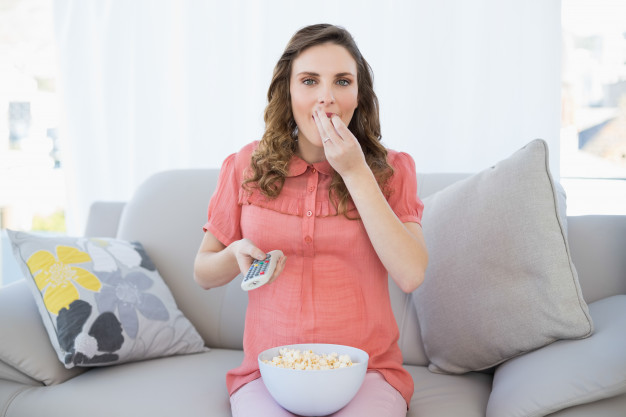When a woman is pregnant, she needs to take care of many things, but one of the most important things you need to take care of is her diet and the food it contains. Generally, the gynecologist or the dietician provides a whole list of food items a woman can eat and ones she cannot. There may be many things that a woman can be confused about, such as the amount of coffee she can consume. Because some studies and reports say that drinking coffee can be harmful, but others say that sipping 1 cup of coffee is not detrimental.
In this article, we are about to see how much coffee a pregnant woman can consume.
Let’s see some potential risks about consuming coffee during pregnancy –
Many researchers say that a pregnant woman should entirely avoid energy drinks during pregnancy. The researchers suggest this because many of these drinks contain herbs like ginseng that are said to be unsafe for a pregnant woman.
Many studies report that Taking more than 200 milligrams of caffeine per day raises the risk of miscarriage. In addition, consuming excessive amounts of caffeine or caffeinated beverages, which is generally coffee, can limit the growth of developing babies. This shows that consuming a lot of coffee during pregnancy can be stressful.
Caffeine can also lead to nervousness and disrupt the sleep cycle. Besides that, caffeine also increases blood volume and heart rate, which are not the best things to happen when a woman is pregnant.
Many studies also say that women who consume coffee during pregnancy can lead to their kids having behavioral issues ahead in their life. For example, issues such as lack of attention or hyperactivity can induce in your child if you consume caffeine during pregnancy.
Caffeine clearance from the mother’s blood decreases substantially during pregnancy. In addition, excess caffeine consumption has been linked to growth restriction, lower birth weight, premature birth, and stillbirth in several observational studies.
Until now, no studies have said that there are any benefits for consuming coffee but only to restrict the consumption of coffee. Even WHO ( World’s health organization) recommends limiting caffeine consumption.
It should be noted that studies have been told to reduce caffeine consumption but have not suggested stopping consuming entirely. But if you are in doubt, the first step is always to consult your gynecologist; she can assist you according to your health conditions and how normal your pregnancy is.
To summarize, if you are a hardcore caffeine consumer, then you have to consume less than 150 mg of caffeine. During pregnancy, the best thing is to not bet on anything or take risks; if you can limit your caffeine consumption, you should definitely do it.
![]()











